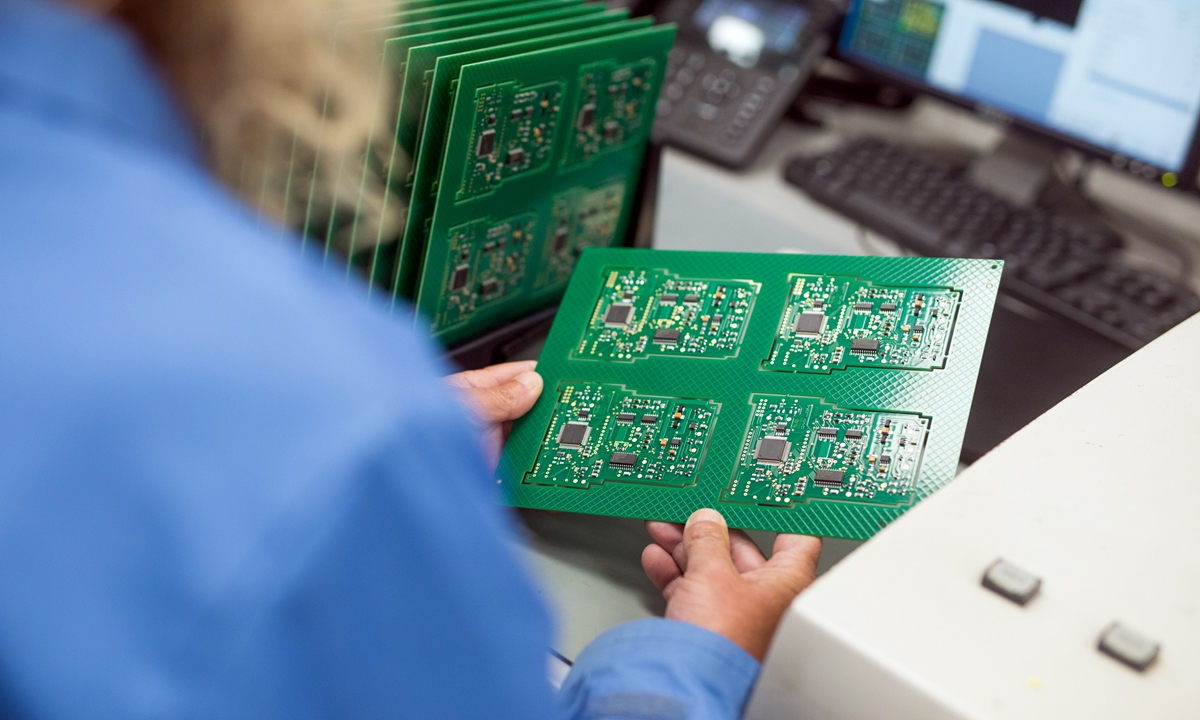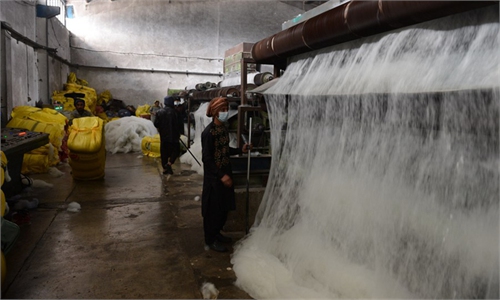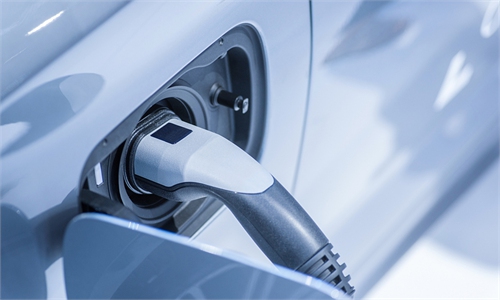EU funded treatment project warns about national security
E-waste recycling matters: report
Recovering precious elements from e-waste is a security imperative for Europe that should be written into law, according to a report Monday that said it was "crucial" to ensure industry competitiveness and sustain tech-dependent lifestyles in the region.

This would safeguard supplies for consumer electronics and even the defense industry, said the consortium behind the European Union funded CEWASTE report, which said the fate of these materials was a "societal challenge."
Despite these essential materials being vulnerable to geopolitical upheavals, it said, Europe remains too reliant on foreign supply, with recycling rates "close to zero."
"We've been recycling for centuries, it's one of the oldest professions," said Pascal Leroy, from the WEEE Forum, one of the authors of the report.
"What makes this era different from previous eras is that we need the critical raw materials to make products that sustain our high tech lifestyle," he said. With these elements needed for wind turbines and electric cars, they also play a crucial role in meeting climate goals and manufacturing competitiveness. But Leroy said Europe's supply chain had become "too vulnerable."
He told AFP that the defense industry was particularly exposed, with everything from computer systems to drones reliant on external supplies. The report highlighted several categories of e-waste it said have high enough quantities of these raw materials to warrant being recovered.
These include materials in printed circuit boards from discarded electrical equipment; batteries from e-waste and scrap vehicles; neodymium iron boron magnets from hard disc drives and engines of e-bikes, scooters and scrap vehicles; and fluorescent powders from lamps and cathode ray tubes - found in TVs and monitors.
Low and volatile prices for many of these raw materials means that recycling is often considered too costly for businesses.

An employee checks a printed circuit board containing integrated circuit microchips at CSI Electronic Manufacturing Services Ltd. in Witham, the UK, on April 28. Photo: VCG
Circuit boards, magnets in disk drives and electric vehicles, batteries and fluorescent lamps are among items containing critical raw materials - including gold, silver and cobalt - that could be recycled and reused, the research found.This would safeguard supplies for consumer electronics and even the defense industry, said the consortium behind the European Union funded CEWASTE report, which said the fate of these materials was a "societal challenge."
Despite these essential materials being vulnerable to geopolitical upheavals, it said, Europe remains too reliant on foreign supply, with recycling rates "close to zero."
"We've been recycling for centuries, it's one of the oldest professions," said Pascal Leroy, from the WEEE Forum, one of the authors of the report.
"What makes this era different from previous eras is that we need the critical raw materials to make products that sustain our high tech lifestyle," he said. With these elements needed for wind turbines and electric cars, they also play a crucial role in meeting climate goals and manufacturing competitiveness. But Leroy said Europe's supply chain had become "too vulnerable."
He told AFP that the defense industry was particularly exposed, with everything from computer systems to drones reliant on external supplies. The report highlighted several categories of e-waste it said have high enough quantities of these raw materials to warrant being recovered.
These include materials in printed circuit boards from discarded electrical equipment; batteries from e-waste and scrap vehicles; neodymium iron boron magnets from hard disc drives and engines of e-bikes, scooters and scrap vehicles; and fluorescent powders from lamps and cathode ray tubes - found in TVs and monitors.
Low and volatile prices for many of these raw materials means that recycling is often considered too costly for businesses.



